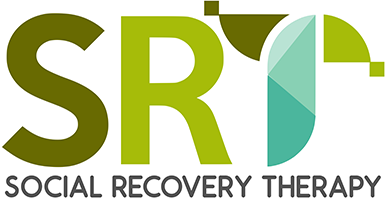Comparing time use in individuals at different stages of psychosis and a non-clinical comparison group
Abstract
Social functioning difficulties are a common and disabling feature of psychosis and have also been identified in the prodromal phase. However, debate exists about how such difficulties should be defined and measured. Time spent in structured activity has previously been linked to increased psychological wellbeing in non-clinical samples and may provide a useful way of assessing social functioning in clinical settings.
The current study compared hours in structured activity, assessed with the Time Use Survey, in three clinical groups at different stages of psychosis: individuals with at-risk mental states (N = 199), individuals with first-episode psychosis (N = 878), and individuals with delayed social recovery following the remission of psychotic symptoms (N = 77). Time use in the three clinical groups was also compared with norms from an age-matched non-clinical group (N = 5686) recruited for the Office for National Statistics UK 2000 Time Use Survey. Cut-off scores for defining social disability and recovery were examined.
All three clinical groups spent significantly fewer hours per week in structured activity than individuals in the non-clinical group. Reduced activity levels were observed before the onset of psychosis in individuals with at-risk mental states. Additional reductions in activity were observed in the first-episode psychosis and delayed recovery groups compared to the at-risk mental state group. Assessing time spent in structured activity provides a useful way to assess social disability and recovery across the spectrum of psychosis.
